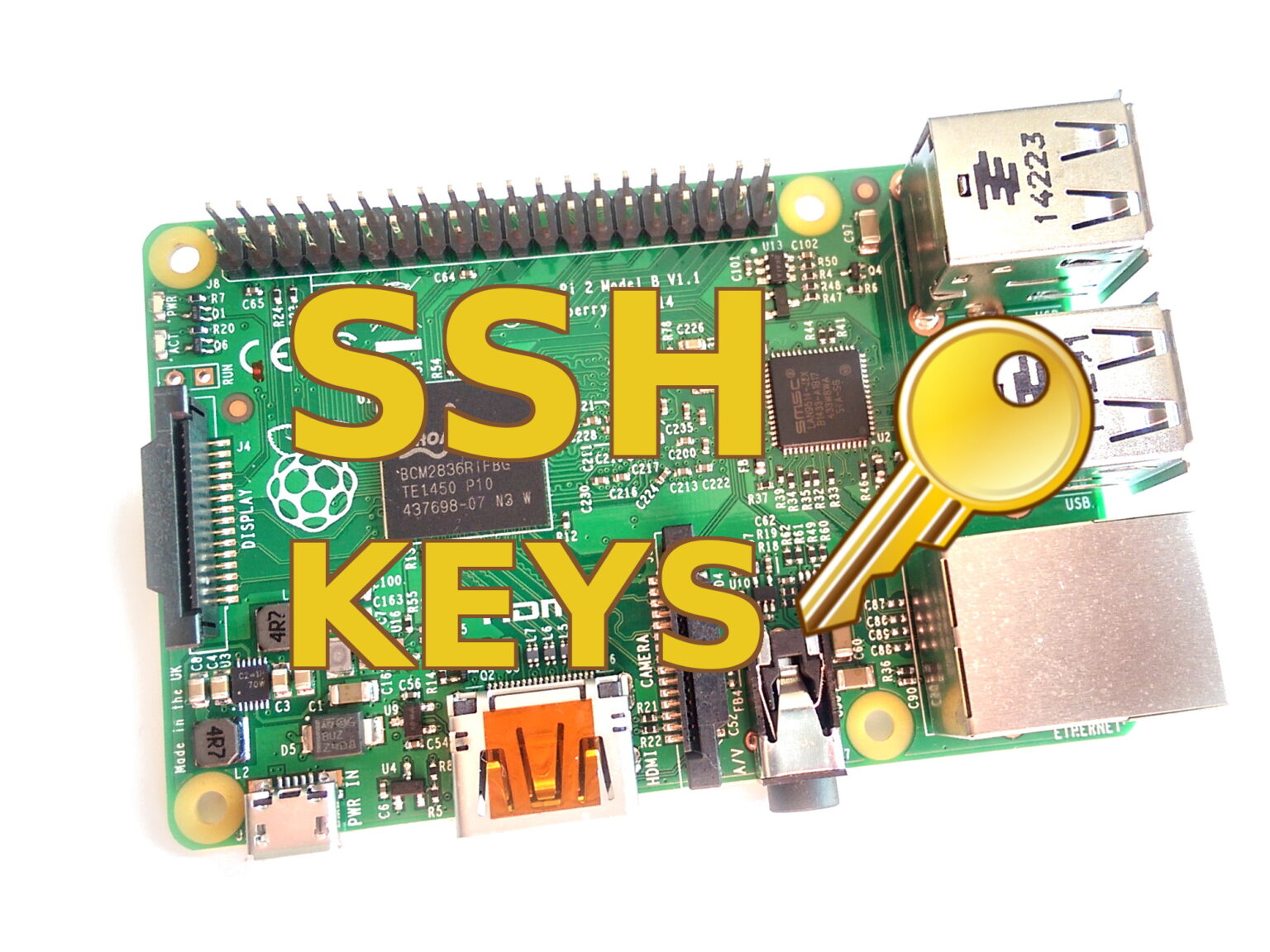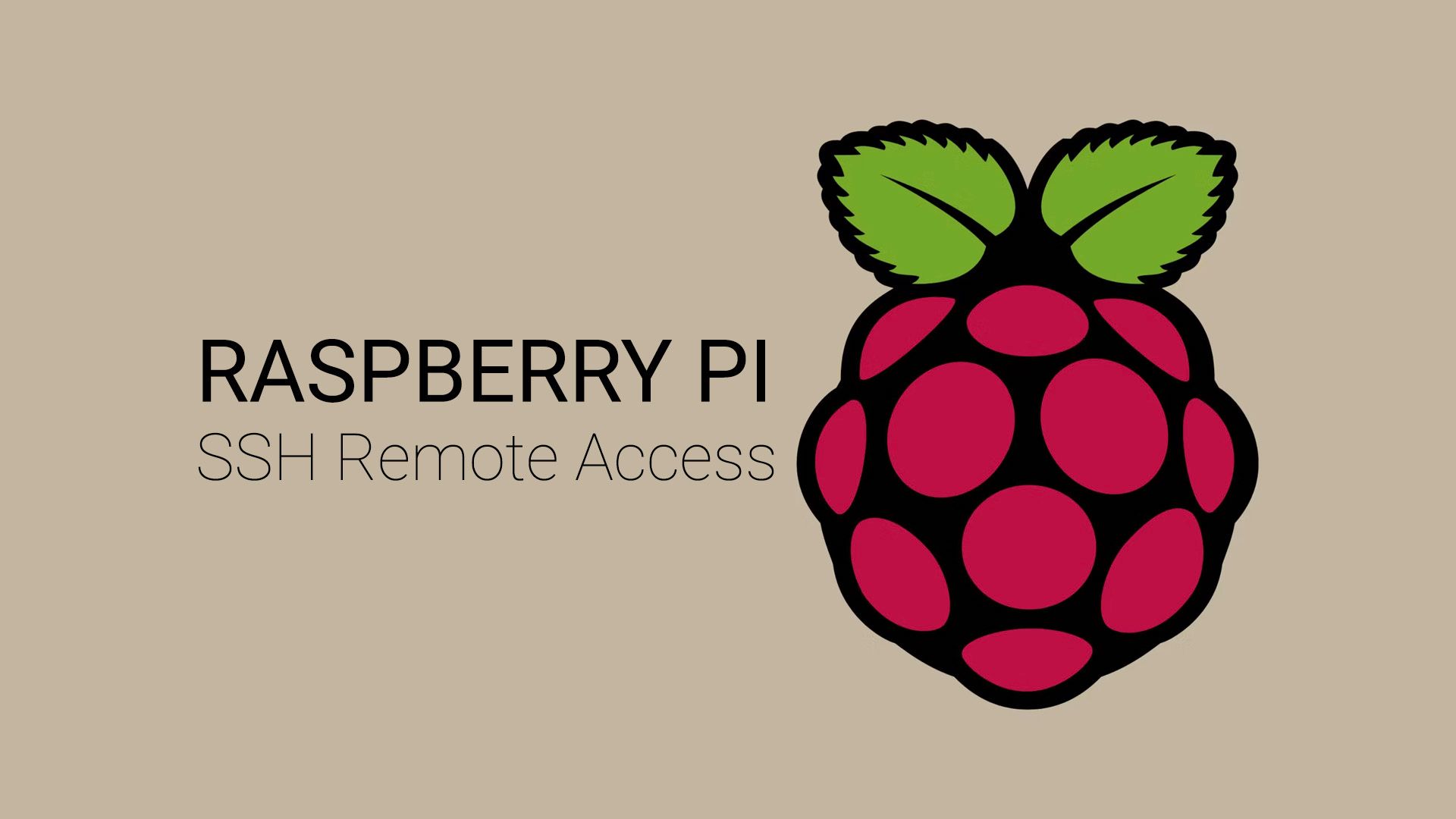Are you tired of complex setups and potential security breaches in your IoT projects? Embracing a remote IoT platform with secure SSH key management for Raspberry Pi is not just a choice; it's a necessity for anyone serious about controlling and monitoring their devices from anywhere in the world with peace of mind.
The world of the Internet of Things (IoT) is rapidly expanding, with connected devices permeating every aspect of our lives, from smart homes to industrial automation. As these devices become more prevalent, the need for secure and efficient management solutions becomes paramount. A key component of secure IoT device management is robust authentication, and that's where SSH keys come into play. SSH, or Secure Shell, provides a secure channel for communication between devices, and using SSH keys instead of passwords is a vital step in enhancing security.
This technology enables remote monitoring and alerting for Raspberry Pi and IoT devices. This can include everything from smart thermostats to security cameras, all controlled from a central interface.
- Viral Pastor Brandon Biggs Predicted Trump Assassination Attempt
- Kim Jae Wook Coffee Prince To Voice Inside Look
A remote IoT platform, particularly one utilizing SSH keys for Raspberry Pi, offers a centralized and secure method for controlling and monitoring your devices. Such a platform enables you to manage your IoT ecosystem from a single interface, simplifying device access and management. The core of this setup often involves a Raspberry Pi acting as a central hub. By implementing SSH keys, you establish a robust and encrypted communication channel between your devices and the central server. This not only enhances security but also simplifies device management, eliminating the need for passwords.
Key Features of Remote IoT Platforms
When evaluating remote IoT platforms, it's important to consider the features they offer. Here are some key features to look for in a remote IoT platform:
- Secure SSH Key Management: Centralized management and discovery of all authentication keys.
- Remote Monitoring and Alerting: Real-time monitoring and notifications for device status and events.
- Device Management: Over-the-air updates, configuration management, and remote access.
- Scalability: Ability to handle a growing number of devices and data.
- Ease of Use: User-friendly interface for managing devices and data.
One of the most compelling aspects of such a setup is the potential for cost-effectiveness. The remote IoT platform ssh key raspberry pi free setup allows users to access and manage IoT devices with ease, eliminating the need for cumbersome passwords and subscriptions. Imagine being able to securely manage and control your Raspberry Pi devices from anywhere in the world without spending a dime. This approach is increasingly attractive to individuals and businesses alike.
- Joe Biden Claims Sniffing Videos Reactions Explained
- Kaitlyn Katsaros Bio Career Net Worth More 2024 Update
At the heart of this system, SSH keys act as the "secret handshake" for secure communication. The platform leverages SSH keys to secure communication between IoT devices and the central server. When a new device is added, an SSH key pair is generated. The public key is uploaded to the server, while the private key is stored securely on the device. This architecture ensures that only authorized devices can access your network, providing a layer of security against unauthorized access.
The remote IoT platform streamlines this process, offering a centralized way to manage SSH keys. Instead of fragmented and complex key management, the platform allows you to centrally manage and discover all authentication keys and SSH login files. By using SSH keys, you eliminate the need to manually enter passwords, streamlining access and reducing the risk of human error.
How SSH Keys Enhance Security in the Remote IoT Ecosystem
Within the remote IoT platform, SSH keys play a critical role in securing remote access to Raspberry Pi devices. Here's how they enhance security:
- Elimination of Password-Based Authentication: Reduces the risk of brute-force attacks and password compromise.
- Strong Encryption: Provides a secure channel for communication.
- Centralized Management: Simplifies key management and access control.
- Automated Access: Enables automation of tasks, such as running scripts and transferring files.
- Enhanced Security: Configuring optional passphrases for added security.
The remote IoT platform ssh key free solution is designed to revolutionize your workflow. It supports centralized management of your devices, offering a robust solution for businesses and individuals. This innovative platform allows users to access and manage IoT devices with ease. Consider it the perfect solution for controlling and monitoring your devices from anywhere in the world.
Setting up an SSH key is generally straightforward. This process typically involves copying the contents of the public key file (e.g., ~/.ssh/id_rsa.pub) and pasting it into the appropriate field on the remote IoT dashboard. Once this is complete, you can authenticate to your devices without the need for a password. And for added security, SSH keys can be configured with optional passphrases.
In this guide, we explore the benefits of using SSH keys in a remote IoT platform for Raspberry Pi and delve into troubleshooting common issues. We'll explore why SSH keys might stop working and how to resolve them. And we'll explore how to set up a free remote IoT platform using SSH keys on Raspberry Pi while ensuring maximum security and efficiency.
The integration of SSH keys with Raspberry Pi through the remote IoT platform not only enhances security but also simplifies device management. Whether you're setting up a smart home, building an IoT project, or managing remote servers, SSH keys are your golden ticket to secure, seamless access.
However, it's crucial to address potential challenges and ensure your setup remains secure. By default, SSH key management is fragmented and complex. Unmanaged SSH keys are vulnerable to attacks by malicious actors. Ensuring your SSH keys remain secure is crucial. Should the remote IoT platform SSH key not function correctly, a series of troubleshooting steps must be followed.
Let's explore some troubleshooting steps for the scenario of the remote IoT platform SSH key not working on your Raspberry Pi:
- Verify Key Configuration: Double-check that the public key has been correctly uploaded to the server and that the private key is stored securely on the device.
- Check SSH Service Status: Ensure that the SSH service is running on both the Raspberry Pi and the server. You can restart the SSH service to apply the changes:
- Network Connectivity: Confirm that the Raspberry Pi has a stable network connection to the server.
- Firewall Rules: Ensure that your firewall rules are not blocking SSH traffic (typically on port 22).
- User Permissions: Verify that the user account being used has the necessary permissions to access the device.
- Key Format: Confirm that the SSH key format is correct. OpenSSH format is generally recommended.
- Permissions on the .ssh Directory and authorized_keys file: The .ssh directory on the Raspberry Pi should have permissions of 700, and the authorized_keys file inside should have permissions of 600.
When you're dealing with an IoT platform, SSH keys become super important because they ensure secure communication between devices. They're like the secret handshake that says, "Yeah, I totally belong here." But sometimes, things go wrong, and that's where the trouble starts.
Choosing the right platform is essential. The best remote IoT platform for managing SSH keys on your Raspberry Pi depends on your specific needs and goals. Options like BalenaCloud, Microsoft Azure IoT Hub, or AWS IoT Core, cant go wrong with any of these options. Each provides different feature sets and pricing structures, so research the platform's offerings to see which best aligns with your project requirements. Always prioritize platforms that offer robust security features, including strong encryption and key management capabilities. Furthermore, the remote IoT platform supports centralized management, including the automatic cleanup of keys after each login attempt.
Yes, you can absolutely use the remote IoT platforms SSH key feature for Raspberry Pi free of charge. The remote IoT platform ssh key free solution is here to revolutionize your workflow. It even cleans up the key immediately, so that a new public key setup is required for the next login attempt by the same user.
SSH keys are perfect for automating tasks, such as running scripts or transferring files between devices. Once set up, SSH keys allow you to log in to your devices without needing to enter a password every time. These unmanaged SSH keys are vulnerable to attack by malicious actors. And when working with a remote IoT platform, having SSH key functionality is a must. Managing remote devices securely is a growing challenge in today's interconnected world, and the remote IoT platform ssh key free offers a robust solution for businesses and individuals alike.
IoT devices offer automation, efficiency, and convenience, but leaving them unmonitored can open up avenues of vulnerability. Setting up SSH keys instead of passwords is an even stronger move. Remember, SSH is secure, but people should still take some basic precautions.
| Feature | Description |
|---|---|
| Secure Authentication | Uses SSH keys for secure access, eliminating password-based vulnerabilities. |
| Centralized Management | Provides a single interface for managing devices, keys, and configurations. |
| Remote Monitoring | Enables real-time monitoring of device status and performance. |
| Alerting | Sends alerts for critical events and system issues. |
| Over-the-Air Updates | Facilitates remote firmware and software updates. |
| Automation | Allows for automation of tasks like running scripts. |


